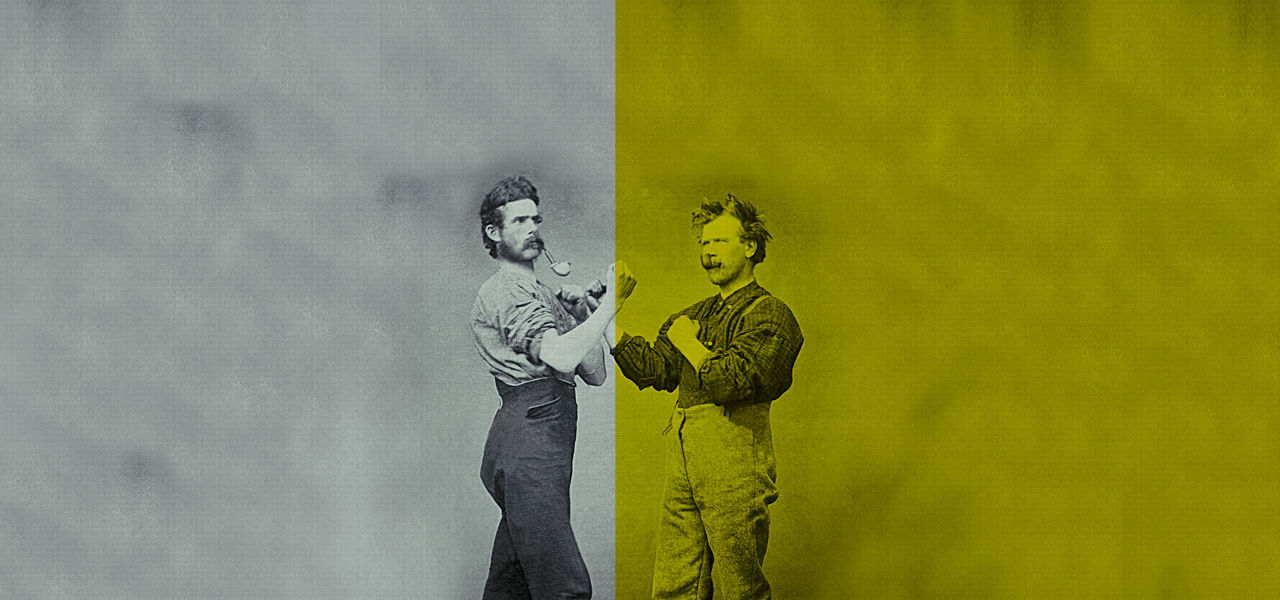
General Introduction: A Preliminary Guide to Literary and Cultural Study
-
Discourse: the use of words to exchange thoughts and ideas; a long talk or piece of writing about a subject.
-
Louis Hjelmsley - Humanistic, as opposed to natural phenomena, are non-recurrent and for that very reason cannot, like natural phenomena, be subjected to exact and generalizing treatment.
-
Northrop Frye, the only organizing principal for literature is to show it chronologically.
-
Studying literature has two sides - historical and systematizing criticism.
-
Ronald Schleifer - 6 definitions of "literature" GOOGLE
-
The earliest use of the term "literature" in English, Raymond Williams tells us, occurred in the fourteenth century, borrowed from French and Latin, and it described polite learning through reading" (Davis 5).
What is Literary Studies
Dr. Springer's Notes
-
Theory: Set of solutions to a variety of problems. It asks us to examine ideology. It doesn't often clarify; it confuses.
-
Synchrony: Examine so we can see how it works. Freezing and isolate language.
-
Synchronic: A linguistic phenomena said to be _____ when all the elements and factors belong to the same diachrony
-
Diachrony: Asks us to read texts as social and cultrual artifacts. (Example - historicism)
-
Diachronic - Lanugage considered _______ when it brings into play elements and factors belonging to different states. Applies historical study.
-
False consciousness is a term used by some Marxists for the way in which material, ideological and institutional processes in capitalist society mislead members of the proletariat and other class actors. These processes are thought to hide the true relations between classes and the real state of affairs regarding the exploitation suffered by the proletariat.
-
Canthis: All signifying material. Language must be one of the deeply _____ idea we encounter. Example: the word "mankind" means to include all, but to feminist it leaves females out.
-
Dr. Springer thinks eveything is ideological and can be analysed.
-
Estrangement: to make strange. What makes it strange is artistic devices. Also called defamiliarise.
-
Marxist theory: looking at literature as it reflects social condition.
-
pastiche: something (such as a piece of writing, music, etc.) that imitates the style of someone or something else; a piece of writing, music, etc., that is made up of selections from different works; a mixture of different things (Webster). Paying homage. Imitation without mockery (Springer).
-
parody: imitation with mockery.
-
Literature is non-pragmatic discourse.
-
ontological: of or relating to ontology; relating to or based upon being or existence (Webster). Defines the being or essense (Springer). Eagleton says there's not an onological definition of literature criticism.
-
During the time period of the industrial revolution, art could be a bastion of the resistance against that revolution.
Other Resources
Video titled Introduction to Literary Theory - Major Critics and Movements
Video titled Introduction